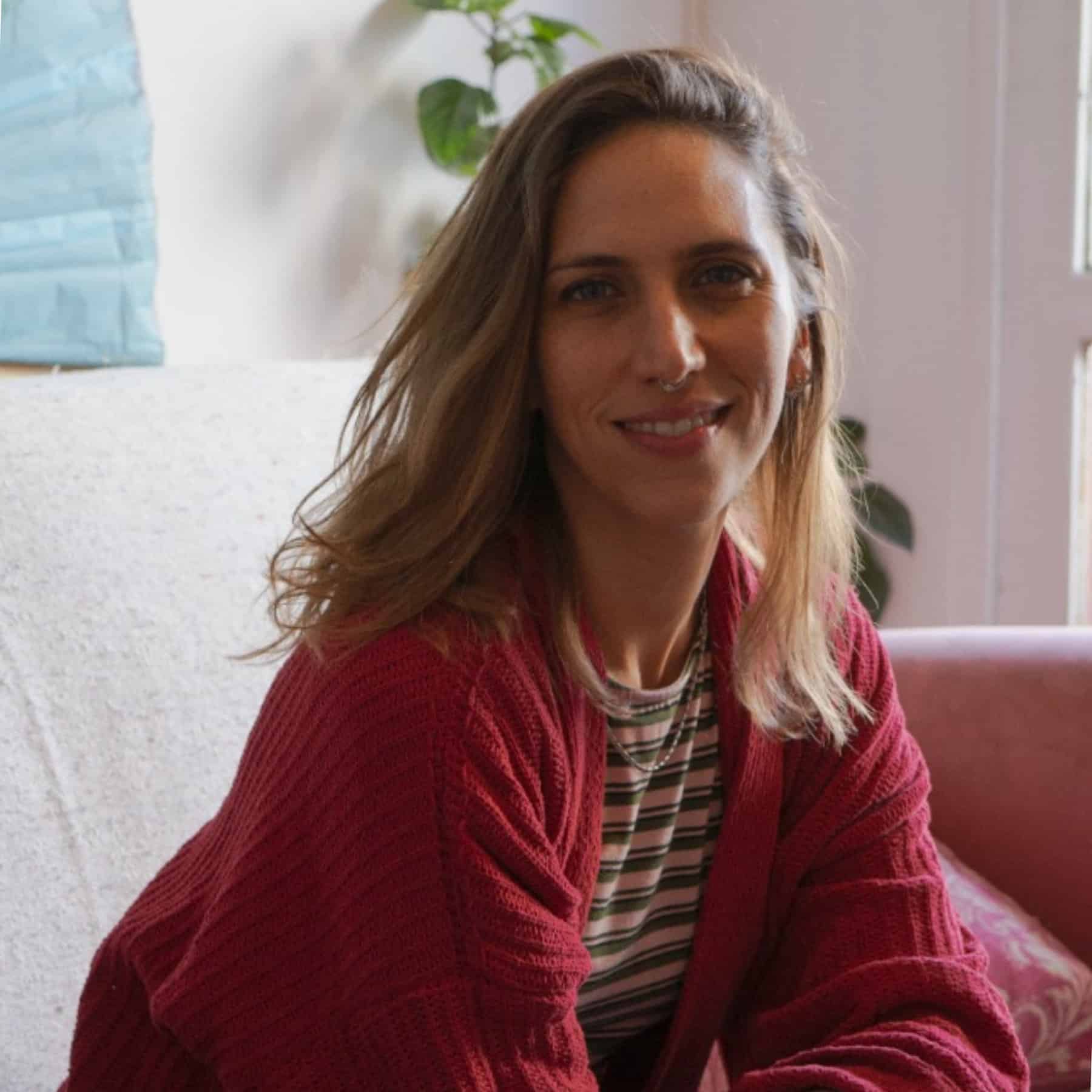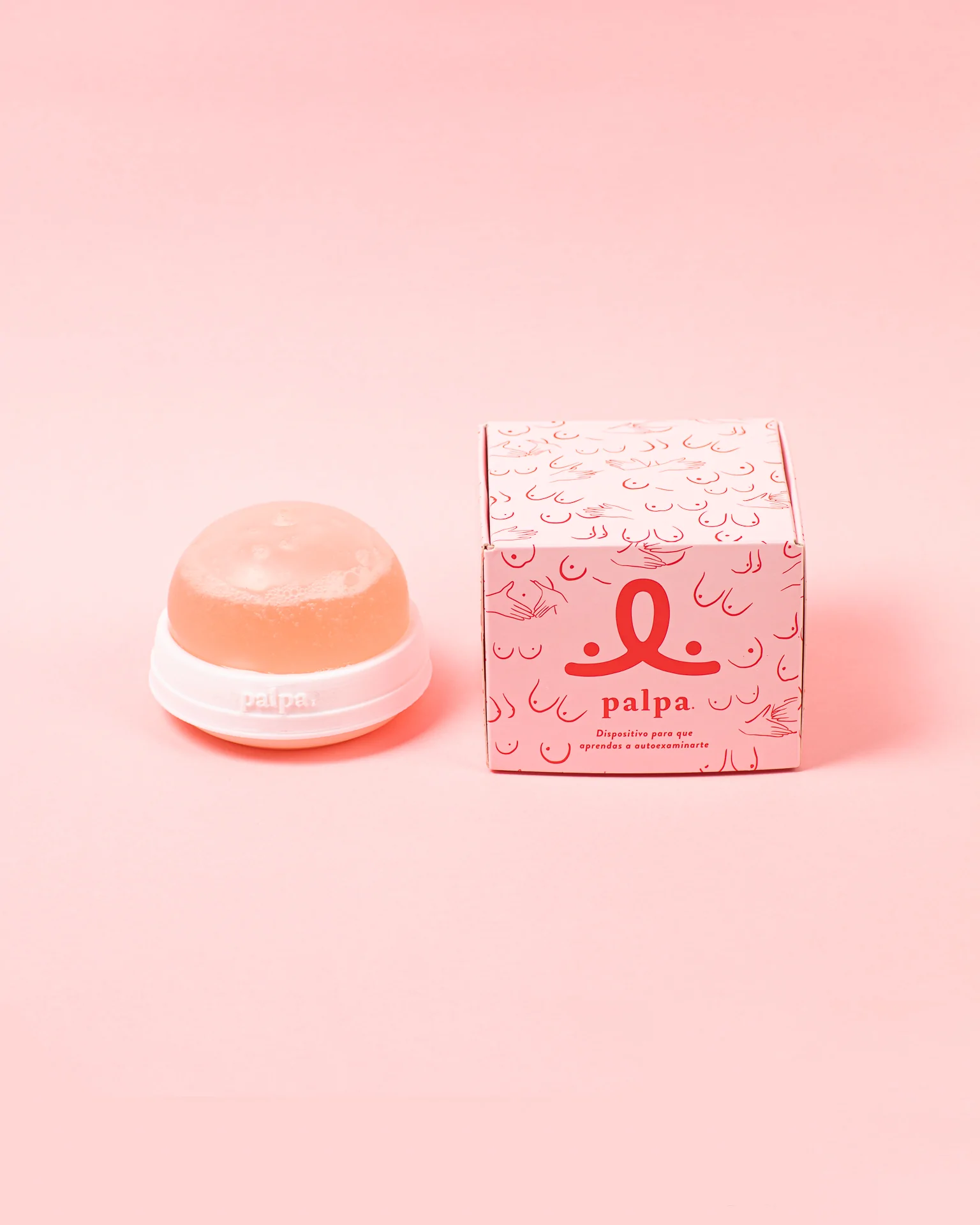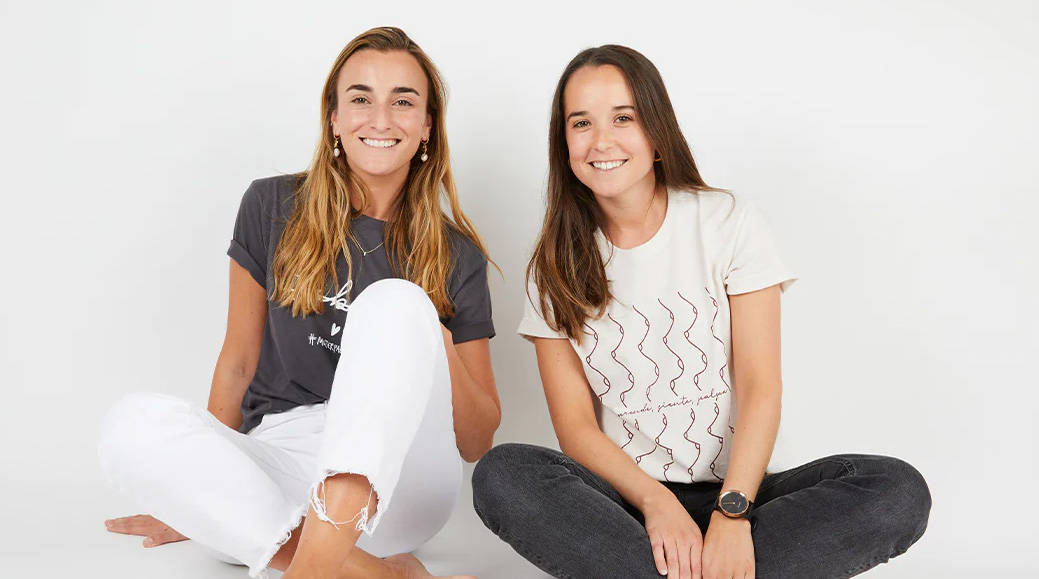
Por Isabel Plant
July 29, 2022
Of all the emerging buzzwords and industries now labeled “tech,” femtech certainly has a clear spawning moment: back in 2016, Ida Tin, Danish creator of the menstrual health app Clue, sought to use a word that would bring together companies like her own. The tech world was beginning to see more and more apps and products devoted to the menstrual cycle, pregnancy, menopause, and female mental health, and Tin figured that unity made strength; not only did it validate a trend, it also allowed for a more straightforward wording for investors that are generally men. As a result, the term femtech began to be applied to women’s health startups and companies.
Today, the world of femtech is one of the world’s most significant growth and investment potential, thanks to experts such as the consulting firm McKinsey, who published an article earlier this year on the “dawn of the femtech revolution.”
Femtech reached US$2,100 in funding in 2021, nearly tripling the previous year; for example, Clue is valued at US$100 today and has more than eight million users in almost 150 countries. Another famous and well-funded startup is Elvie, an English startup founded in 2018 to develop technology in pelvic floor exercisers or easier-to-carry breast pumps. Then, there is Spain’s Woom, which focuses on fertility and menstruation apps.
Why do femtech startups flourish at such a fast pace? There are several answers. The atavistic gender gaps in access and response to traditional health care for women—the taboo on menstruation seems to be lifting with a new generation of feminists, or the increasing attention given by the scientific community to little-studied diseases, such as endometriosis. Several studies claim that women are more open to seeking answers to health issues on the Internet than men. And it has also happened that these women have become entrepreneurs precisely in the search for answers. A trend is already going strong in Europe and the U.S. and is now making inroads in Latin America.
Health with a Gender Perspective
“Historically, healthcare products have had the half-male bias of whoever creates them, mostly men, and they do not take into account the particularities of women at different times of life,” says Sara Nazal, an engineer and co-founder of Saluta, an innovation center in mental health and wellness dedicated explicitly to women. It is based in Chile and operates in Colombia and, incipiently, in Mexico.
“Women are different from men, and their needs are quite different; starting with menstruation, pregnancy, and menopause, there is a whole world of solutions that are not being addressed. For the same reason, many women have started creating these companies themselves,” she adds.
Nazal has a long career working in healthcare and teamed up with three partners who were looking to start working on telemedicine for the elderly. With the pandemic, they took a broader turn; now, Saluta includes medicine with a gender perspective and therapy for children and sexual diversities. They seek to use artificial intelligence tools for mental health monitoring and guidance, for example, providing psychoeducation, safe listening, and counseling. Saluta recently obtained certification from the Chilean public health system as an official telemedicine provider. Plans include a round of capital raising to consolidate its presence outside Chile.
“There are gender biases in Latin America; we still don’t understand the size you can reach when you make this type of product. Most startups are led by men, and most of the funding raised is also from male-led companies. There is work to be done to empower women. We have great ideas, and no one but us knows what we need,” she concludes.
Plenna’s founders, Giovanna Abramo and Lorena Ostos raised US$845,000 in their seed round earlier this year. They noticed that the gynecologist’s visit was not as friendly or complete as the patients needed. ” The most important thing for us was to create a safe space for women, where they could feel listened to, cared for, not afraid to ask questions,” Ostos explains. “We want to change the doctor-patient relationship to one where the patient doesn’t have to wait an hour to be seen and doesn’t feel judged for her sex life.”

Giovanna Abramo and Lorena Ostos, founders of Plenna (Photo: Plenna).
Plenna describes itself as a “non-judgmental” space, one of the goals many femtech aims to achieve regarding the treatment women historically receive as patients. Utilizing telemedicine and face-to-face visits, it offers gynecology consultations, exams such as pap smears, contraceptive counseling, and HPV vaccinations. With their first face-to-face clinic now open in Mexico City, they have new objectives: “Our next aim is to go for scalability with virtual consultations in nutrition, psychology, and gynecology. Next year, we will focus on offering an app to accompany pregnant women throughout their entire process by offering them virtual consultations,” Lorena says.
Overcoming Taboos
One such app in Latin America is Lunar App, founded by Argentines Ana Fukelman and Irina Corsunsky in 2017. Fukelman says: “We found endless examples where the menstrual cycle was considered an appendix of reproduction, approaching it only as what happens to you to have or not to have babies. This incredibly narrow approach was typical of patriarchal medicine, neglecting any information on the benefits and impacts that the hormonal cycle has on other parts of the body and mind. We created Lunar with a holistic, feminist, sustainable, and integral approach to menstrual health.

Ana Fukelman, co-founder of Lunar App (Photo: Lunar App).
When creating Lunar, the two fundamental points were to develop a language and design that could “last through the years” and ensure users’ security, which in other parts of the world has been a topic of discussion. For instance, a well-known application called Flo, created in Belarus, is accused of sharing private data among other companies.
“The design in our databases favors security and privacy. They are encrypted, and the identity of the menstrual records are kept separate so that they cannot be individualized,” Fukelman says. “The overall goal of this development could be summarized as technological sovereignty and digital care since we always intended to make our tools, have autonomy and not ‘buy canned’.”
Fukelman agrees that the pace of this type of femtech startup in LatAm is slow due to the gender gaps in finance and engineering and the limited participation of women in investment funds. “It is not so easy to generate empathy and interest in these topics in front of male audiences. There is a huge cultural distance and prejudices, almost as if we were talking about a very distant niche,” she says.
This year Lunar App launches a new upgrade, seeking to conduct funding rounds with angel investors and funds interested in femtech companies in the region. Future goals include expansion into Brazil and the creation of platforms for health professionals to share the gender perspective on both the reproductive and menopause stages.
Another Latin femtech that stands out is Palpa, founded by Chilean Josefa Cortés. Palpa improves the chances of treatment with early detection of breast cancer, a disease that improves the chances of cure with early detection. Palpa provides liquid soap containers in the shape of a breast containing a lump inside, imitating the sensation of touching a possible tumor. This way, users learn to carry out self breast-exams.

Palpa’s device to learn how to detect breast cancer. (Photo: Palpa)
“The most important aspect was that it wasn’t a product that would add more time to a woman’s routine, but rather become part of something she already did, such as showering, lathering up, pampering herself. And most importantly, it should be able to give tangibility to sensing the tumor and make the woman want to self-examine. It had to be friendly,” explains Cortés.
This year, Palpa, which has won several awards for its innovation and design, has been among those selected for Ignite Startup Chile program, which funds and advises startups with a functioning product (it also has incentives for companies created by women). Palpa is one hundred percent focused on internationalization to have an essential industrial redesign that is as accessible as possible as we will break into new markets. If we manage to make a first successful sale beyond Chile this year, it would be a great leap, and next year we would be able to establish ourselves in the USA”, says Cortés.

Inés Balbontín (Palpa’s brand manager) and Josefa Cortés (Palpa’s CEO) (Photo: Palpa).
The Chilean says it makes sense that femtech would still be in its infancy in this region, where most technology companies continue to be associated with or founded by men. Yet she is enthusiastic about the emergence of more women in the field: ” It is a male-dominated field, and we had few female referents, but women are increasingly present. We need to empower and increase visibility, and the fact that there are funds for women today has generated the involvement of more and more of us. We are increasingly seeing more female founders”.